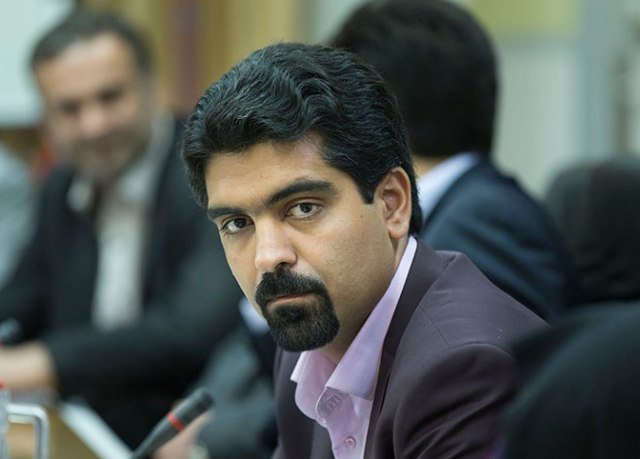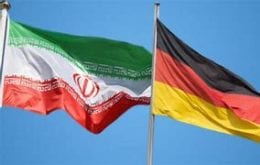CHRI – The head councilman of the city of Yazd, in southeastern Iran, has refused to carry out a court order suspending the membership of a fellow councilman who is a member of the minority Zoroastrian faith.
 “In my mind and in my religion, I know this ruling is not consistent with religion, freedom or logic,” said chief councilman Gholamali Sefid on October 12, 2017.
“In my mind and in my religion, I know this ruling is not consistent with religion, freedom or logic,” said chief councilman Gholamali Sefid on October 12, 2017.
“This man has not done anything against religion or Islamic law during the years that he has worked as a member of this council,” he added. “So what suddenly changed? How can you suddenly change the rules?”
The elected official was reacting to an order issued by Branch 45 of the Administrative Court in Yazd ordering the “temporary suspension” of councilman Sepanta Niknam’s membership.
The order was issued in September 2017, after Ali Asghar Bagheri, a Muslim candidate who did not win a seat in Iran’s May 2017 local council elections, filed a complaint. The details and exact date of the court order have not been made public.
“If this unlawful precedent is allowed to stand, it could impact all future elections,” said a Zoroastrian member of Iran’s Parliament, Esfandiar Ekhtiari, on September 21, 2017.
Niknam, a 32-year-old economist who leads Yazd’s Zoroastrian Association, was first elected to the 11-member city council in 2013 and won again four years later with more votes. He mentioned his faith during both election campaigns.
Following the suspension order, the Yazd City Council met on September 21, 2017, and re-certified Niknam’s membership. His fate is now in the hands of the Supreme Administrative Court in Tehran.
Yazd is home to some of the world’s most revered Zoroastrian religious sites. Followers of the ancient pre-Islamic faith have lived in the region for thousands of years.
Recognized in the Constitution, the Zoroastrian population in Iran had dwindled to about 25,000 as of 2011, according to a national census.
Jannati’s Discriminatory Ruling
A month before Iran’s 2017 elections for local councils and president, Ahmad Jannati, the ultra-conservative chairman of the Guardian Council—the clerical body that vets elections for conformity with Islamic principles— declared that religious minorities could not stand as candidates in Muslim-majority constituencies.
However, Article 26 of the Law on the Formation, Duties and Election of National Islamic Councils allows candidates from any of the religions recognized in Articles 12 and 13 of the Constitution: Islam, Judaism, Christianity and Zoroastrianism.
Jannati, who has likened non-Muslims to “animals who roam the earth and engage in corruption,” nevertheless claimed the law is against Islam.
In response, Parliament Speaker Ali Larijani immediately ordered all election monitoring boards to ignore Jannati’s ruling and resume registering all candidates in accordance with the law.
According to Deputy Parliament Speaker Ali Motahari, the April 18 declaration by Guardian Council Chairman Ali Jannati is not legally binding because the full council did not issue it.
“Moreover, Mr. Jannati’s view is based on a speech [without any decrees] made by Imam Khomeini [the late founder of the Islamic Republic],” he said on October 12. “Just because he said something somewhere does not mean that the existing law is against Islam.”
According to reformist columnist Masoumeh Asghari, Niknam’s candidacy should have never been disputed.
“The officials don’t care whether someone is Muslim or not,” she wrote in the reformist Sharg Newspaper. “What people care about is whether someone is with them or not.”
“What matters is that Sepanta Niknam has been decisively elected by both Zoroastrian and non-Zoroastrian citizens of Yazd,” she added. “He is their representative.”
 Shabtabnews In this dark night, I have lost my way – Arise from a corner, oh you the star of guidance.
Shabtabnews In this dark night, I have lost my way – Arise from a corner, oh you the star of guidance.


